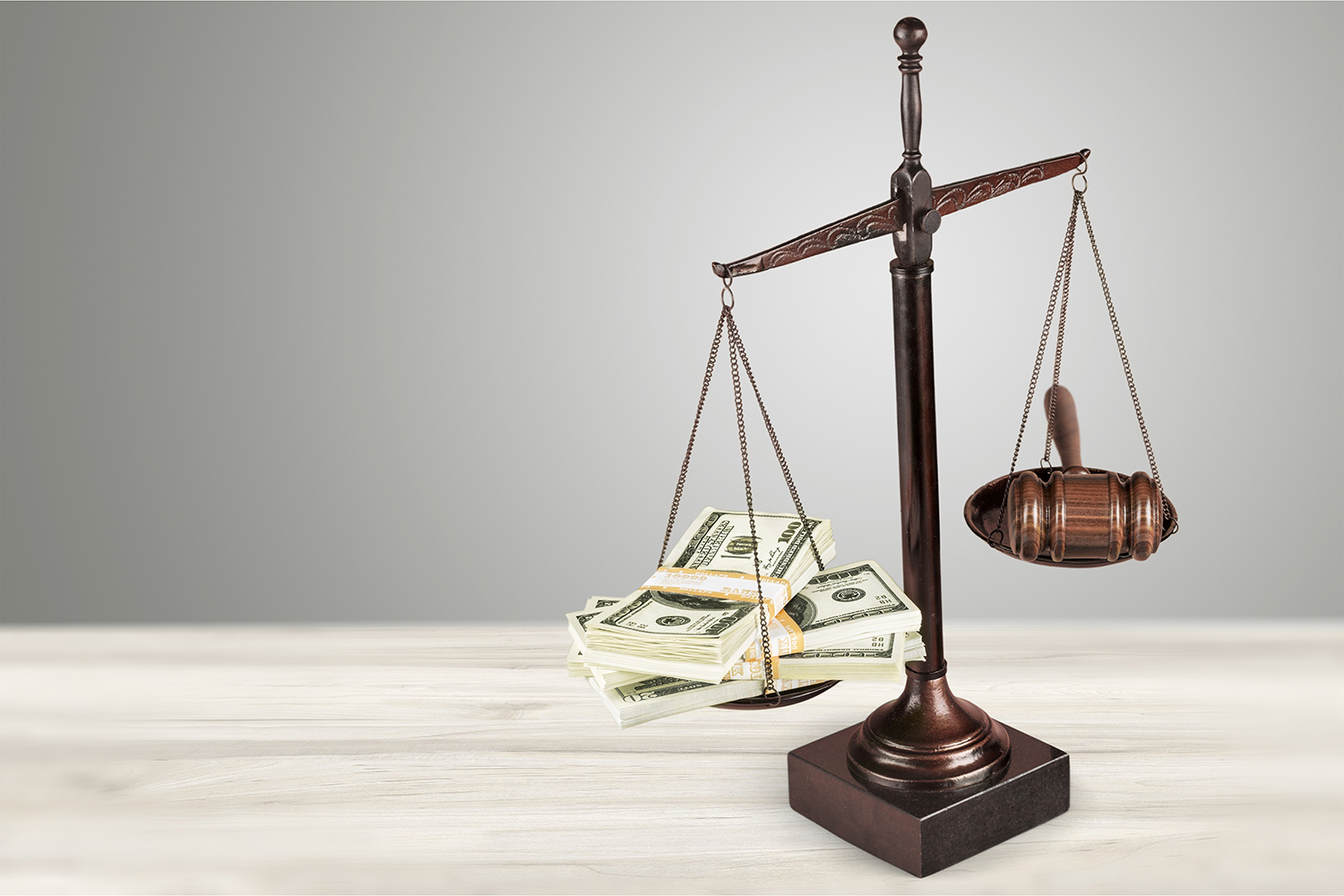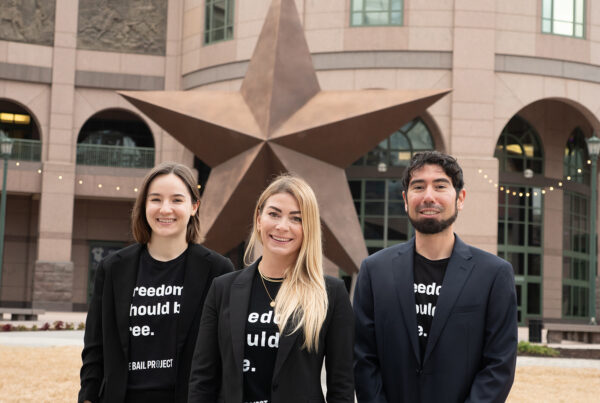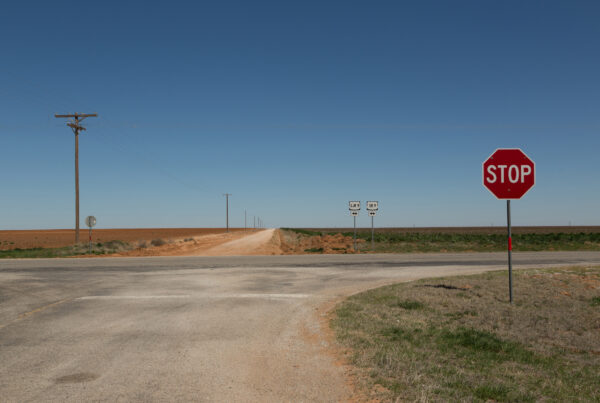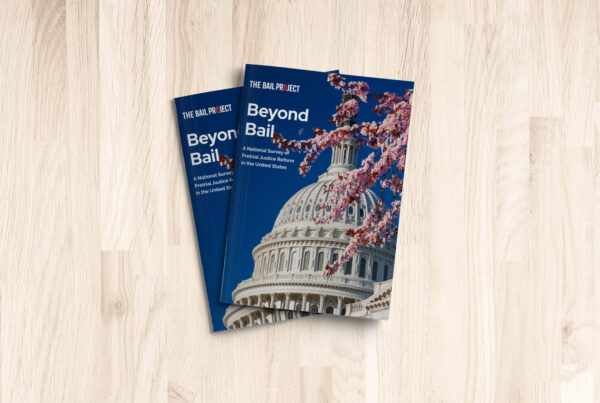Cash bail can be described simply. After arrest, judges set a price for people to pay to go home, operating as a deposit that ensures their return to future court dates until the case is resolved. After they return, the court returns each cash bail “deposit” to the defendants’ wallets. But the costs of the cash bail system are nowhere near that simple, and the effects impact us all.
Cash bail creates a two-tiered system of justice. It splits the criminal legal system into two separate and unequal processes: one for those who have money and one for those who do not. People who can afford bail return home to their families, jobs, and lives where they can prepare to fight their case from a position of freedom. People who cannot afford bail are left behind bars for the duration of their case — often lasting months and even years. During that time, people can lose their jobs and homes, be separated from their children, and must endure the daily trauma that life in jail brings. These pressures mount against them, ultimately impacting case outcomes through higher conviction rates and harsher punishments than their released counterparts.
This two-tiered system overburdens minorities and reinforces stark racial disparities behind bars. Data shows that judges often set higher rates and higher amounts of cash bail on people of color, particularly Black people, than white people. When comparing Black and white individuals in one study, Black defendants were 3.6 percent more likely to be assigned bail, and on average those bail amounts were $7,280 higher.
The effects of cash bail spill out beyond jails, costing public health as well. While the health of those incarcerated is most directly threatened by higher rates of suicide, sexual assault, physical violence, and interrupted mental health care, local communities are also at risk. Jails are intricately linked to their surrounding communities through corrections staff, visitors, and people who have been released. As the COVID-19 pandemic recently demonstrated, the health of incarcerated people does not stay contained behind jail walls. A study in Illinois, for example, suggests that by April 2020, 15.7 percent of COVID-19 cases in the state were related to people cycling through the Cook County jail.
The economic consequences of cash bail devastate not only accused individuals but also their loved ones. Once cash bail is set, people who can scrape together the amount make the difficult decision of putting critical resources on the line, sometimes prioritizing freedom over other necessary living expenses. This financial cost is often distributed beyond the individual as parents, siblings, friends, partners, and larger networks chip in everything they can — disrupting the economic stability of everyone involved.
Not everyone can raise the funds necessary to secure their release. This is unsurprising considering the $10,000 median bail set by courts in 2015 for people facing a felony accusation, while the median annual income for a person in pretrial detention that year was $15,109. The $2 billion bail bond industry targets this population, seeking to extract money via non-refundable fees from those with the fewest resources. As a result, low-income communities permanently lose access to critical economic resources — even when charges are dropped, or no evidence of wrongdoing is found.
Taxpayers spend $14 billion each year to incarcerate legally innocent people.
When people cannot afford the bail bondsman’s fee, remaining in jail or caving to plea deals are the only options. And yet, even pretrial detention has associated costs. While incarcerated, people merely accused of crimes experience an immediate income loss and long-term consequences on future employment. A Philadelphia study found that people incarcerated pretrial earn $1,104 less in the four years following the resolution of their case than those who were released while their case was pending.
Impacted people don’t bear these costs alone. Taxpayers spend $14 billion each year to incarcerate legally innocent people. When factoring in the impact of pretrial detention on families, communities, and society, the true economic cost of this crisis has been estimated to approach $140 billion annually.
The cost of cash bail is too high a price to pay. It not only costs individuals caught in the system; it also spreads consequences to their friends and families, nearby communities, and society. It’s time to reimagine a world without cash bail, where freedom is truly free.
Thank you for reading and your willingness to engage in a complicated and urgent issue. In addition to providing immediate relief by offering bail assistance, we at The Bail Project are working to advance systemic change. Policy change doesn’t happen without the support of people like you. If you found value in this article, please consider taking action today by donating.












